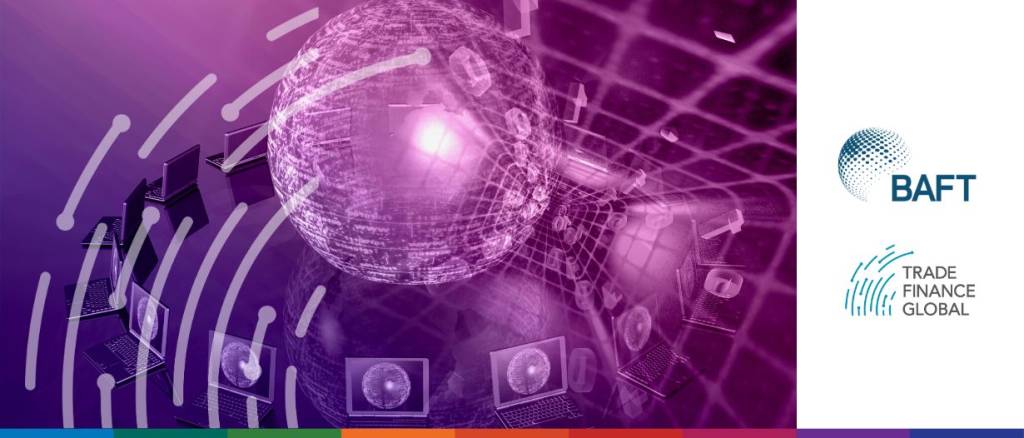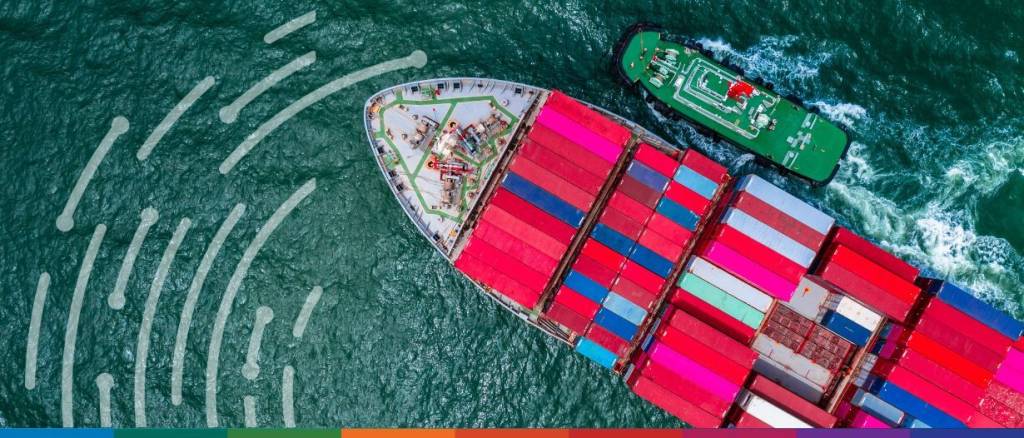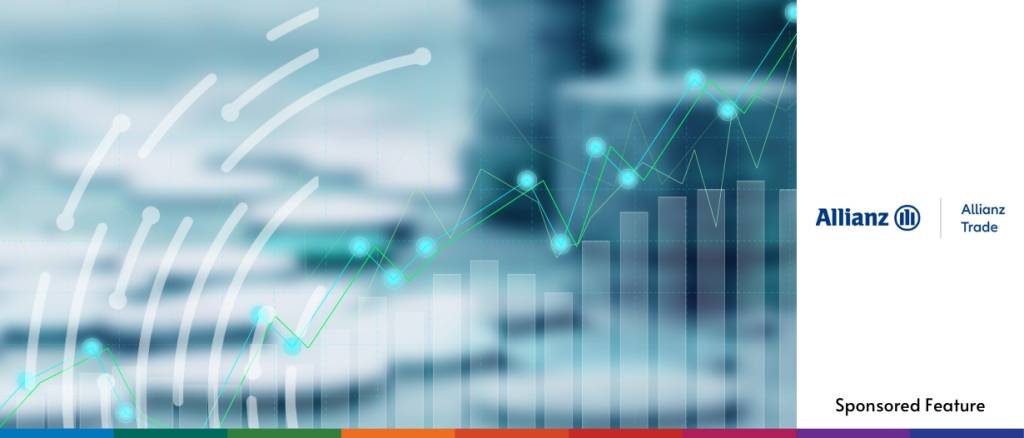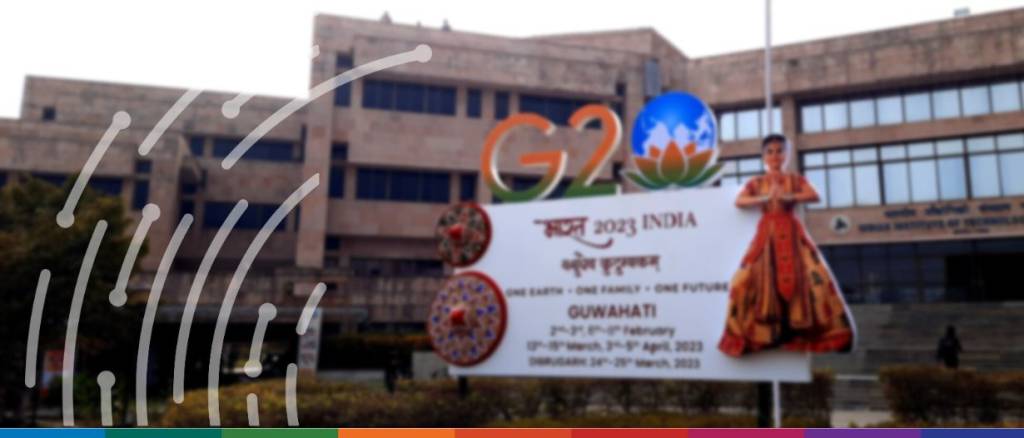In an era marked by technological advancement and rapid digitisation, the landscape of financial transactions has undergone a transformative shift. Traditional modes of payment, such as checks and physical currency, have given way to the convenience and efficiency of digital payments.
ADB’s flagship Trade Finance Gaps Survey returns for its eighth edition, confirming expectations that the global trade finance gap – unmet demand for trade financing – has worsened, reaching $2.5 trillion, an increase of 47% since the last stock-taking which pegged the gap at $1.7 trillion in 2020.
A first for the industry, TFG has partnered with major organisations in trade, treasury, and payments to speak openly about invaluable segment: the LGBTQ+ community.
In its largest single-period increase since its inception, the Asian Development Bank’s (ADB) latest Trade Finance Gaps, Growth, and Jobs Survey indicates that the trade finance gap in 2022 rose to $2.5 trillion, up from $1.7 in 2020 and $1.5 trillion in 2018.
The FIT Alliance, formed of BIMCO, DCSA, FIATA, ICC, and Swift, has initiated the “Electronic Bill of Lading Declaration” to enhance the efficiency, reliability, sustainability, and security of global trade through the use of electronic Bills of Lading (eBLs).
Sarah Murrow, CEO of Allianz Trade UK & Ireland, explains how trade credit insurance can help UK companies grow export revenues safely at a time of heightened credit risk.
In the wake of the pandemic, the global economy has seen a confluence of challenges, including geopolitical risks, interest rate changes, and commodity price fluctuations.
From payments, credit and lending, to trade and supply chain finance, the entire financial services industry is being disrupted. Regulatory requirements, industry standards and the environmental, social, and governance (ESG) agenda have accelerated.
The G20 Trade and Investment Ministerial Meeting was held in Jaipur, India, on August 24-25, 2023. The meeting focused on the future of trade and investment in the wake of the COVID-19 pandemic and the war in Ukraine.
Today, the OECD released their International Trade Statistics report for Q2 2023. The report offers an insight into the global trade landscape, highlighting significant shifts and trends. With a decline in G20 merchandise trade and a marked slowdown in services trade, the report paints a complex picture of international commerce.
























